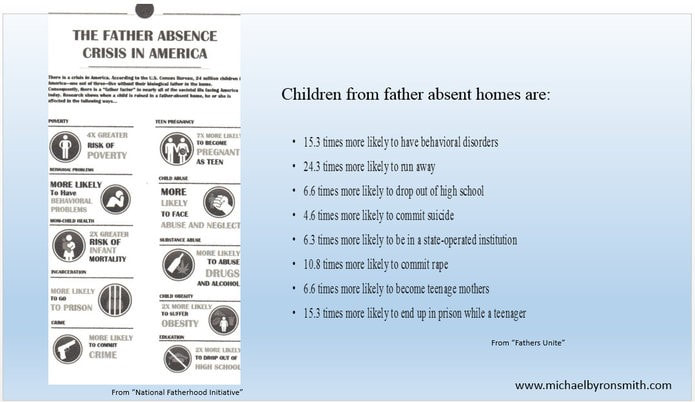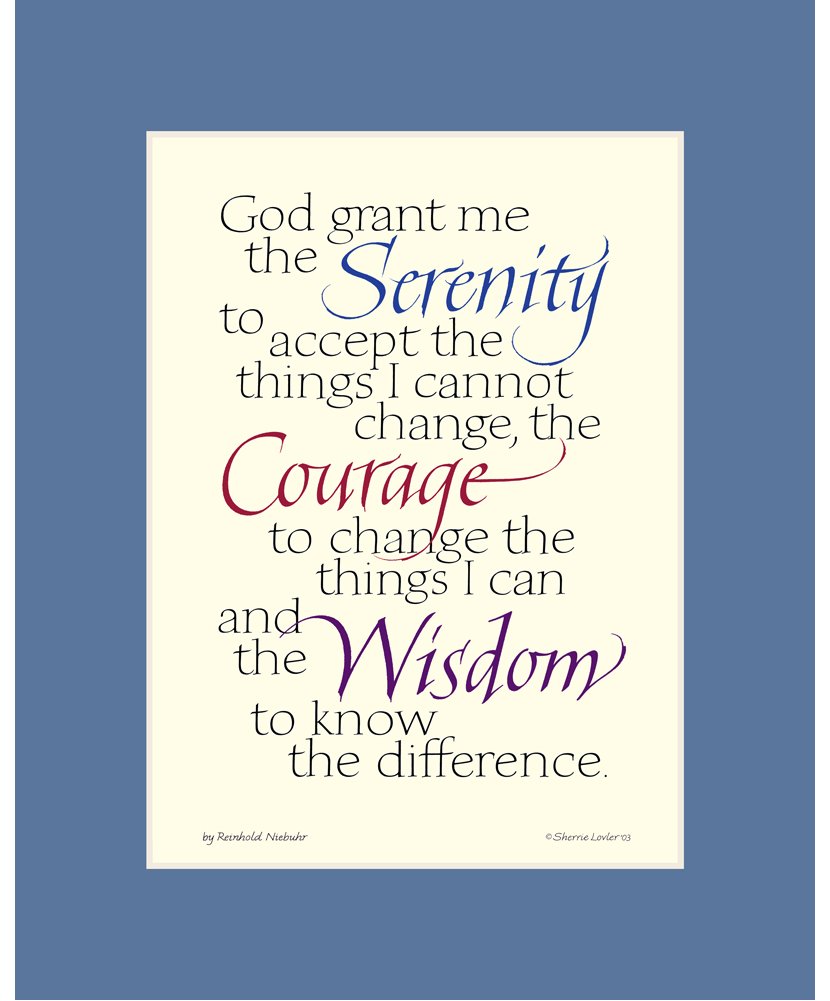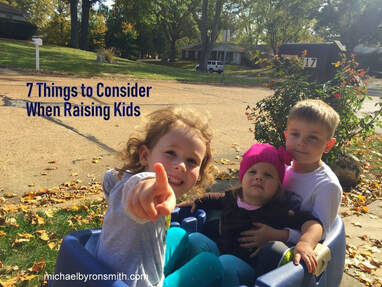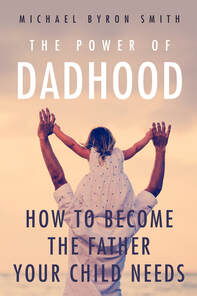
Whenever a fear is wiped away from our collective consciousness, it leaves a vacuum so strong that it sucks another fear in so fast, you can’t even breathe a sigh of relief. But the fear and worry are so much worse than when I was a kid because of the onslaught of over-coverage regarding every bad thing that ever happens in any corner of the world. Communication is at lightning speed, and things we think are true are reported as true before confirmation. Every story becomes magnified by the lens of social media. This focus drives us to worry, stress out, live in fear, overprotect our kids, and be paranoid. Overprotection of your kids may make them one part safer but may also mess them up.
Here are some facts that don’t get the attention that racism, gender identity issues, global warming, drug use, greed, crime, and starvation receive. Bad news seems to be more interesting to some and more useful for others.
Really Good News we rarely hear
- Greenery on the earth has increased by twice the size of the US in the last 15-20 years.
- The child mortality rate in Africa is equal to what it was in Europe in 1950. And countries in Sub Saharan African have some of the fastest-growing economies in the world because of access to information and better governments.
- The poverty rate in the world is decreasing. Today, about 10% of the world population lives in extreme poverty, while in 1990 the corresponding figure was about 37%. Two centuries ago almost everyone in the world lived in extreme poverty. By 2030, hopefully, no one living is expected to be living below the current poverty level.
- At the dawn of the new millennium, the United Nations set a goal of eradicating poverty by 2030. With 14 years left to go, we’ve already reduced the proportion of impoverished people in world by 50 percent, according to U.S. Agency for International Development Administrator Gayle Smith.
- Medical advances are astounding!
- World illiteracy continues to decline dramatically.
- Violent crime in the US is declining despite perceptions.
- The global maternal death ratio fell by 44 percent between 1990 and 2015.
- Cell phone use and therefore, communication and progress is exploding around the world.
Summary
You will find no claims from me that serious problems don’t exist in the world. But as the Buddhists and many psychologists say, the world is full of suffering, and it’s up to each of us to fight it. And if you don’t buy into suffering, you can buy into really tough challenges. And confront those challenges we have! The rate of improvement has been slow, but it is increasing rapidly! No matter, each of us has it better by far than anyone in our relative situation of the past! Almost all of us live better than the royalty of the past. Be thankful for that! And don’t put fears into your children about things they can do little or nothing to fix. They’ll get enough of that at school. Give them hope!
















